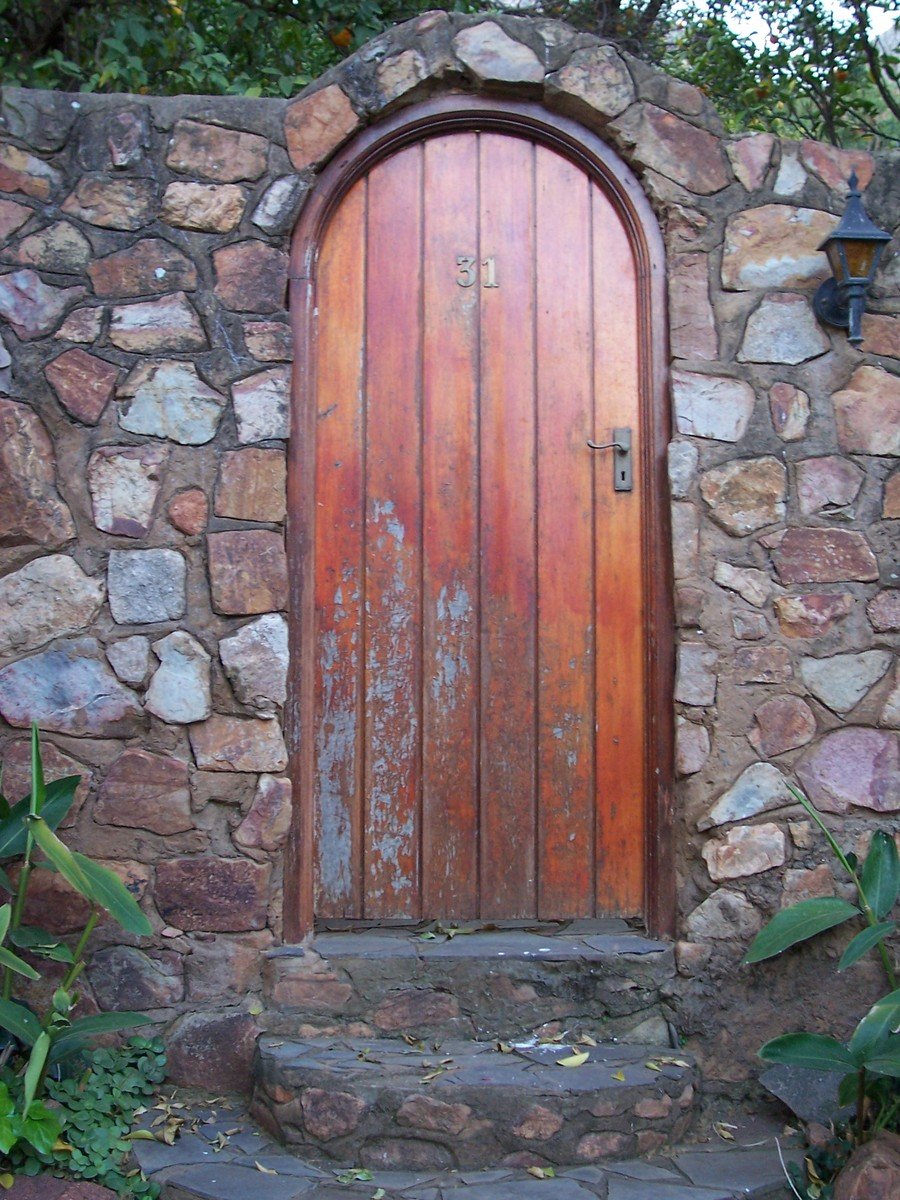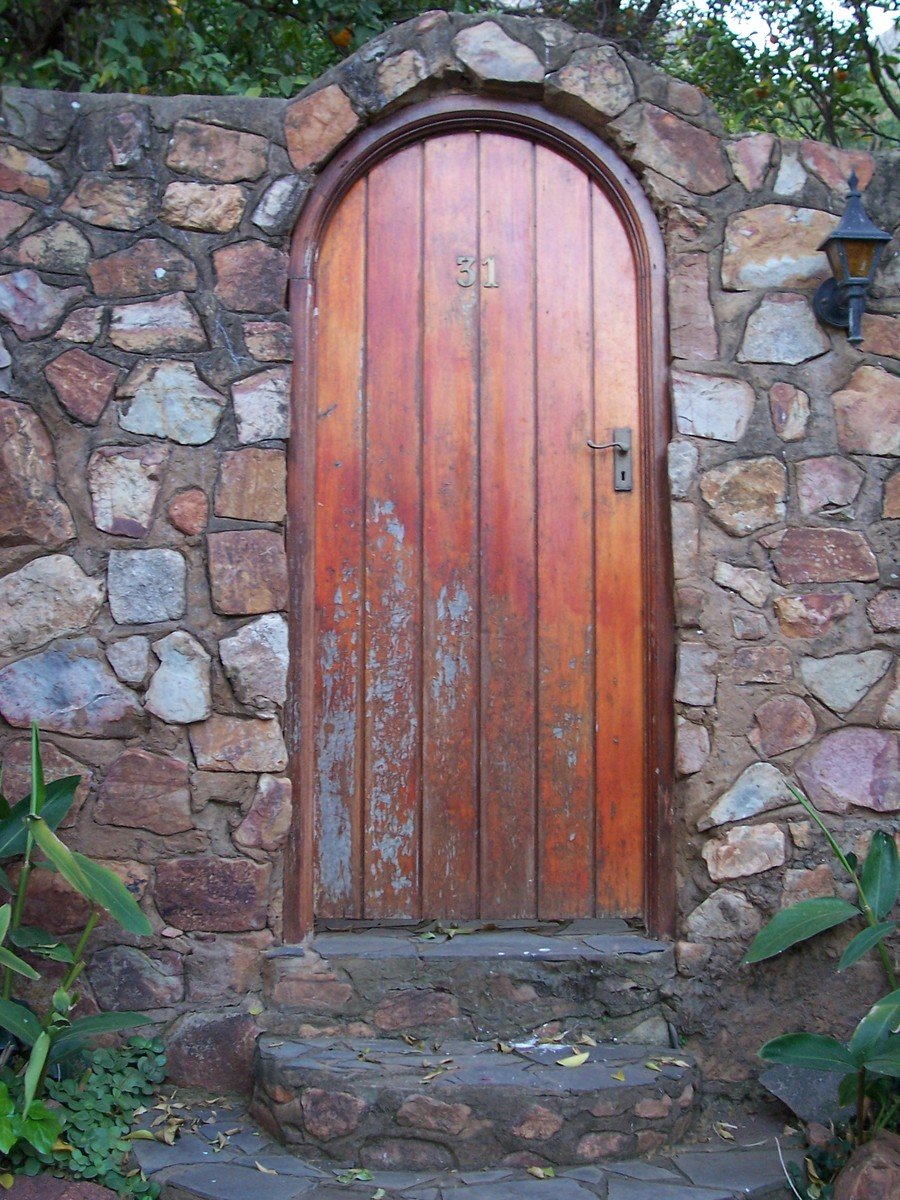
Deine Website ist ein Garten, keine Fabrik
Nett sein hilft
Vielleicht ist es eine Binsenweisheit: Man soll seine Website pflegen wie einen Garten. Sie ist keine digitale Broschüre. Sie ist ein wachsendes, lebendiges Konstrukt, das Einflüssen von außen ausgesetzt ist und das sich ständig entwickeln muss. Man muss sich um sie kümmern.
Vielleicht ist das doch ein bisschen mit der Tür ins Haus. Ich starte nochmal bei den Basics.
Digital ist viel schwieriger als Print
Irgendwie dauert es lange, bis sich die Wahrnehmung von digitaler Unternehmenskommunikation richtig von den alten analogen Vorstellungen emanzipiert. Solange eine Website als „Lesemedium“ gilt wird sie immer mit Drucksachen verglichen. Aber das funktioniert natürlich nicht.
1. Der Wettbewerb ist schnell
Das Internet ist ein schnelllebiger Ort. Marken kommen und gehen, und die Nutzer:innen gewöhnen sich an die neuesten Standards. Seien es bestimmte Kommunikationskanäle, Designtrends, soziale Plattformen oder Zahlungsdienste. Und auch wenn ein Geschäftsmodell immer gut gelaufen ist, kann es sein, dass die Konkurrenz Trends und Moden schnell aufgreift und sich damit einen Wettbewerbsvorteil verschafft. Das schiere Tempo der Digitalisierung spielt also den kleinen, agilen Marken in die Hände. Für einen Neuling ist es leichter denn je, zu einer erfolgreichen Marke zu werden, und für ein etabliertes Unternehmen ist es leichter, überflüssig zu werden.
2. Suchmaschinen glauben, dass neu gut ist
Suchmaschinen mögen etablierte, vertrauenswürdige Websites. Aber sie mögen es auch, wenn sich diese Websites weiterentwickeln und auf dem neuesten Stand sind. Wenn man für Suchmaschinen interessant bleiben möchte, solltest du einen Blog führen, regelmäßig Pressemitteilungen veröffentlichen oder den Inhalt deiner Seiten regelmäßig aktualisieren. Auch das ist eine Frage des Wettbewerbs. Solange es Millionen von Blogs und Nachrichten-Websites gibt, die jeden Tag gute Inhalte veröffentlichen, kannst du keine gute Platzierung in den Suchmaschinen erwarten, wenn deine Website jahrelang statisch bleibt.
3. Sicherheit ist ein Thema
Die kriminelle Energie, die das Internet unterwandert ist riesig. Das Geld, das mit Botnetzen oder gestohlenen Daten verdient wird, treibt eine ganze Branche an. Deshalb suchen sie nach Löchern und Sicherheitslücken. Und kein System ist sicher. Du kannst versuchen, es weniger anfällig zu machen, aber das bedeutet in der Regel einen Mangel an Komfort. Verwendest du eine statische Website ohne CMS: sehr sicher, aber du müssen die Entwickler:innen für jede kleine Änderung anrufen. Schwer vorstellbar für einen Blog. Verwendest du ein geschlossenes System wie Squarespace: Kostet zwanzig Euro im Monat für etwas, das du nicht einmal besitzt. Nimmst du WordPress: Ultraweit verbreitet und ein lohnendes Ziel. Und Hacks gibt es jeden Tag. Sicherheit ist ein Wettlauf. Wenn du auf dem neuesten Stand der Technik sein willst, musst du investieren.
Websites sind zwar billiger geworden, aber sicher nicht weniger wartungsintensiv.
So viel zu den Problemen, aber keine Sorge, digital ist viel besser als das
Ja, der Wettbewerb im Internet ist hart, aber er ist gar nicht so schlimm. Ja, digitale Medien bedürfen dauerhafter Pflege, aber das ist ja auch der Vorteil. Wenn man es sich zur Gewohnheit macht, die Website zu optimieren und anzupassen, muss man sie Website nicht alle paar Jahre komplett neu erfinden. Verbessern und kleine Änderungen vornehmen. Natürlich kann sie dann nach einigen Jahren ganz anders aussehen. Aber das ist völlig in Ordnung. Achte nur darauf, deine grundlegenden Gestaltungsrichtlinien nicht zu vernachlässigen und versuche, möglichst wenig verschieden Elemente zu verwenden, damit du nachher nicht drei verschiedene Galerien und fünf Slider auf einer Website hast.
Versuche auch, die kleinen Veränderungen zu messen. Welche Änderungen haben sich bewährt und welche sind nur Ablenkungen, die deine Website aufblähen. Und Geduld ist angebracht. Eine Website braucht Zeit, um sich zu etablieren und sich zu entwickeln. Genau wie – was sonst – ein Garten.
Aber denke daran: Es ist ein Garten, kein Bauernhof.
Eine Website ist ein Garten aber kein Bauernhof. Sie funktioniert nicht wie eine Maschine, in die man Zeit hineinsteckt und Geld herausbekommt. Sie muss schön sein, man muss sich dort wohlfühlen. Ein Garten ist kein Ort, an dem man Menschen austrickst oder sie zwingt, so zu funktionieren, wie man es möchte. Ein Garten ist ein Ort, an dem sich Menschen gerne freiwillig aufhalten. Das ist der Teil der Metapher, der mir am besten gefällt. Wichtiger als die dauerhafte Pflege ist tatsächlich die Idee von einem Ort, der sich um seine Besucher bemüht, ohne Hintergedanken. Und aus diesem Bemühen entwickelt sich ein fruchtbares Biotop.

Ja, die Pflege eines Gartens ist harte Arbeit, aber sein Ziel ist es, zu gefallen. Wenn man seine Website als einen Garten oder einen Park betrachten, ist es offensichtlich, dass man sich um seine Besucher kümmern muss. Es macht keinen Sinn, sie unter Druck zu setzen. Man kann versuchen zu den Kosten-Nutzen-Faktor einer Website zu kalkulieren: die Kosten für die Entwicklung der Website, die Serverkosten und eine Agentur für das Content Marketing beauftragen. Aber wenn man die Zufriedenheit der Nutzer:innen nicht mit einbezieht, verfehlet man das Ziel der Gleichung. Solange die erste Priorität nicht das Wohlfühlen der Besucher:innen ist, vergibt man Möglichkeiten.
Die Blumen und die Bienen
Blumen haben eine Geschäftsidee: Wir lassen die Bienen die harte Arbeit der Bestäubung erledigen. Aber versuchen sie, die Bienen zu etwas zu zwingen? Natürlich nicht, sie machen sich selbst attraktiv. Sie bieten Nektar als Gegenleistung für den Pollentransport an. Und sie sind schön. So funktionieren die Dinge in der Natur. Und man muss nett sein, um gemocht zu werden.
Oh, noch eine Sache
Ich kann fast hören, wie du denkst: „Das ist Blödsinn, niemand würde je auf die Idee kommen, seine Nutzer wie Nutztiere zu behandeln.“ Aber die Kunden, die ich kenne, scheinen sich selbst oft sehr nahe und ihren Nutzern sehr fern zu sein. Das ist ja auch absolut nachvollziehbar. Besonders bei einem Website-Redesign ist der Druck hoch, messbare Ergebnisse zu erzielen. Aber den Druck kann man nicht weitergeben. Nur ist es vielleicht eine Sache, das zu wissen, und eine andere, das zu tun.